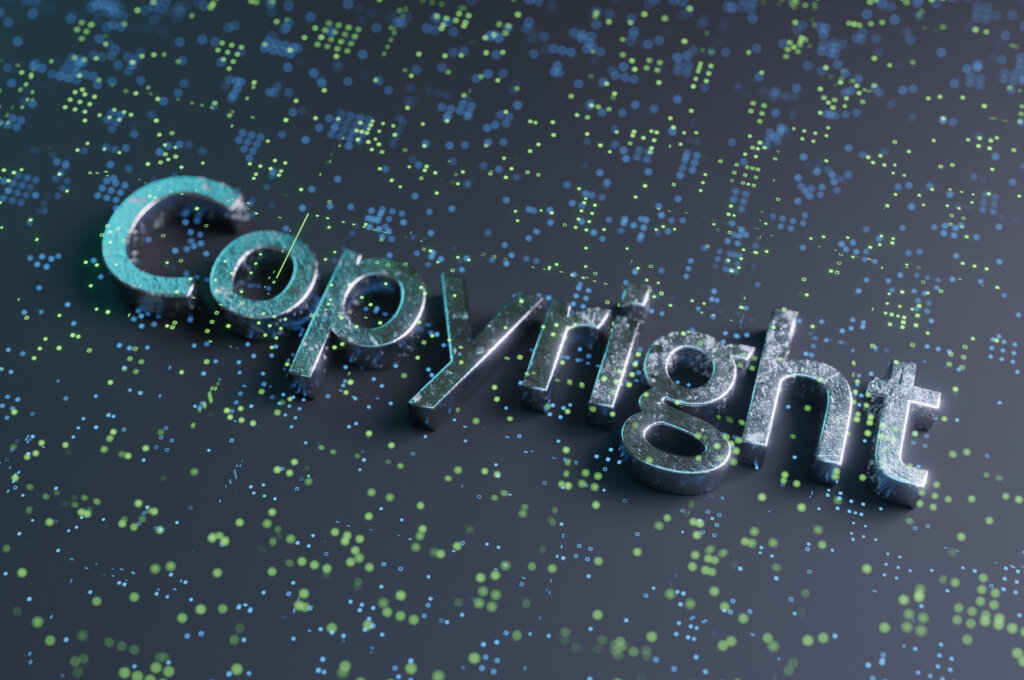In a world increasingly driven by creativity and innovation, copyright plays an important role in safeguarding the fruits of your imagination. Whether you’re a budding artist, an aspiring author, or a musician, understanding the protective shield that copyright laws offer is essential. This legal concept ensures that your original works — from novels to paintings, music to software — remain rightfully yours. It not only secures your creations from unauthorized use but also empowers you with the freedom to share and monetize your work on your terms.

What Is Copyright?
Copyright is a legal mechanism that grants creators exclusive rights to their original works. It’s a form of intellectual property law designed to protect various forms of expression such as written texts, music, art, and even software. When you create something, copyright automatically applies, giving you, the creator, the legal right to control how your work is used. This includes the rights to reproduce, distribute, perform, display, or license the work.
The concept is rooted in the fundamental idea of rewarding creativity and innovation. By ensuring that creators can control and benefit from their creations, copyright encourages more artistic and intellectual production. It’s not about protecting ideas themselves, but rather the unique way they are expressed. For example, while you can’t copyright an idea for a novel, the specific text you write is protected. This protection typically lasts for the creator’s lifetime plus a number of years, usually 70 years posthumously, ensuring that creative works can continue to provide value to their creators or their heirs long after they are first conceived.
How Copyright Works
Copyright is an automatic protection that applies the moment an original work is created and fixed in a tangible form that is perceptible either directly or with the aid of a machine or device. This means that when you write a novel, compose a song, or paint a picture, copyright protection is instantly in place, without the need for any formal registration. The creator of the work holds exclusive rights, including reproduction, distribution, and adaptation, as well as the right to grant permission for others to use the work under specified conditions.
One of the key aspects of copyright is originality. The work must originate from the creator and possess a minimum degree of creativity. It’s not enough for the work to be novel; it must also be a product of the creator’s own intellectual effort. However, copyright does not protect ideas, concepts, or methods of operation, but rather their expression. For instance, two authors can write books on the same topic, but each book’s specific text is protected separately.
Benefits of Copyright
- Exclusive Rights: Copyright provides creators with exclusive rights to their work, allowing them to decide how it’s used, distributed, and displayed. This control helps in managing the commercial use of their creations and ensures they can benefit financially from their work.
- Legal Protection: It offers legal protection against unauthorized use or reproduction of the work. In case of infringement, copyright holders can take legal action to enforce their rights so that their intellectual property is not exploited without consent.
- Economic Incentive: By granting creators the potential for monetary gain through licensing and royalties, copyright acts as an economic incentive. This encourages continual creative and innovative activities, contributing to cultural diversity and advancement.
- Moral Rights: Copyright also acknowledges and protects the moral rights of creators, such as the right to be credited for their work and to object to any derogatory treatment of it, thus maintaining the integrity of the creation and the reputation of the creator.
- Transferable Rights: These rights can be transferred, sold, or inherited, allowing creators or their heirs to continue to benefit from the work long after it was created. This transferability makes copyright a valuable asset in a creator’s portfolio.

Registering Copyright and Its Advantages
Registering copyright, while not mandatory, offers significant advantages. It involves formally recording your work with the copyright office, a process that solidifies your claim as the creator and owner of the work. Upon registration, you receive a certificate, providing a public record of your copyright.
One of the primary benefits of registration is the legal standing it offers in infringement cases. If your work is registered before infringement or within five years of its publication, you’re eligible for statutory damages and attorney’s fees in a lawsuit, which can be a substantial deterrent to potential infringers. This is not available if you only rely on automatic protection.
Moreover, registration is often required for works you wish to license or distribute commercially on a large scale, as it reassures clients and partners of your clear ownership. It also facilitates dealing with instances of copyright infringement abroad, as many countries recognize U.S. copyright registrations. Overall, the process of registering copyright enhances your control and ability to monetarily benefit from your work, adding an extra layer of security and legitimacy to your creative endeavors.
Common Misconceptions of Copyrights
Common misconceptions about copyright often lead to confusion and unintentional infringement. One widespread myth is that if something is available online, it’s free to use. In reality, most online content is copyrighted, and using it without permission can constitute infringement. Another common misunderstanding is the concept of “fair use.” While fair use allows limited use of copyrighted material without permission for purposes like criticism, education, or news reporting, it’s not a blanket exemption and depends on specific circumstances.
There’s also a belief that changing a work by a certain percentage makes it non-infringing. However, there’s no legal rule about a percentage change that negates copyright violation. Each case is evaluated on its own merits. Understanding these concepts is important to respect creators’ rights and avoid legal complications. It’s a good idea to seek proper guidance or permissions when dealing with copyrighted material to ensure lawful and ethical use.
Contact an Experienced Copyright Attorney
At Bold Patents, we’re dedicated to guiding you through the complex landscape of copyright protection. Our team of experienced attorneys offers personalized consultation, assistance with copyright registration, and robust support in infringement cases. We understand the unique challenges creators face and are committed to safeguarding your intellectual property rights. Reach out to us for qualified legal advice tailored to your specific needs. Let us empower you to secure and maximize the value of your creative endeavors.